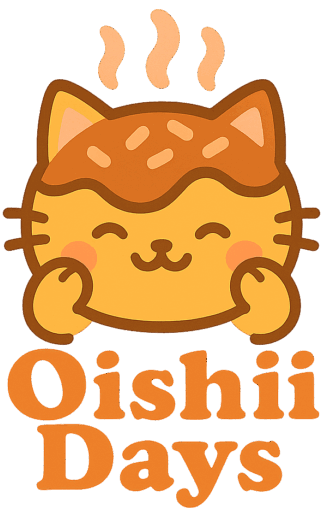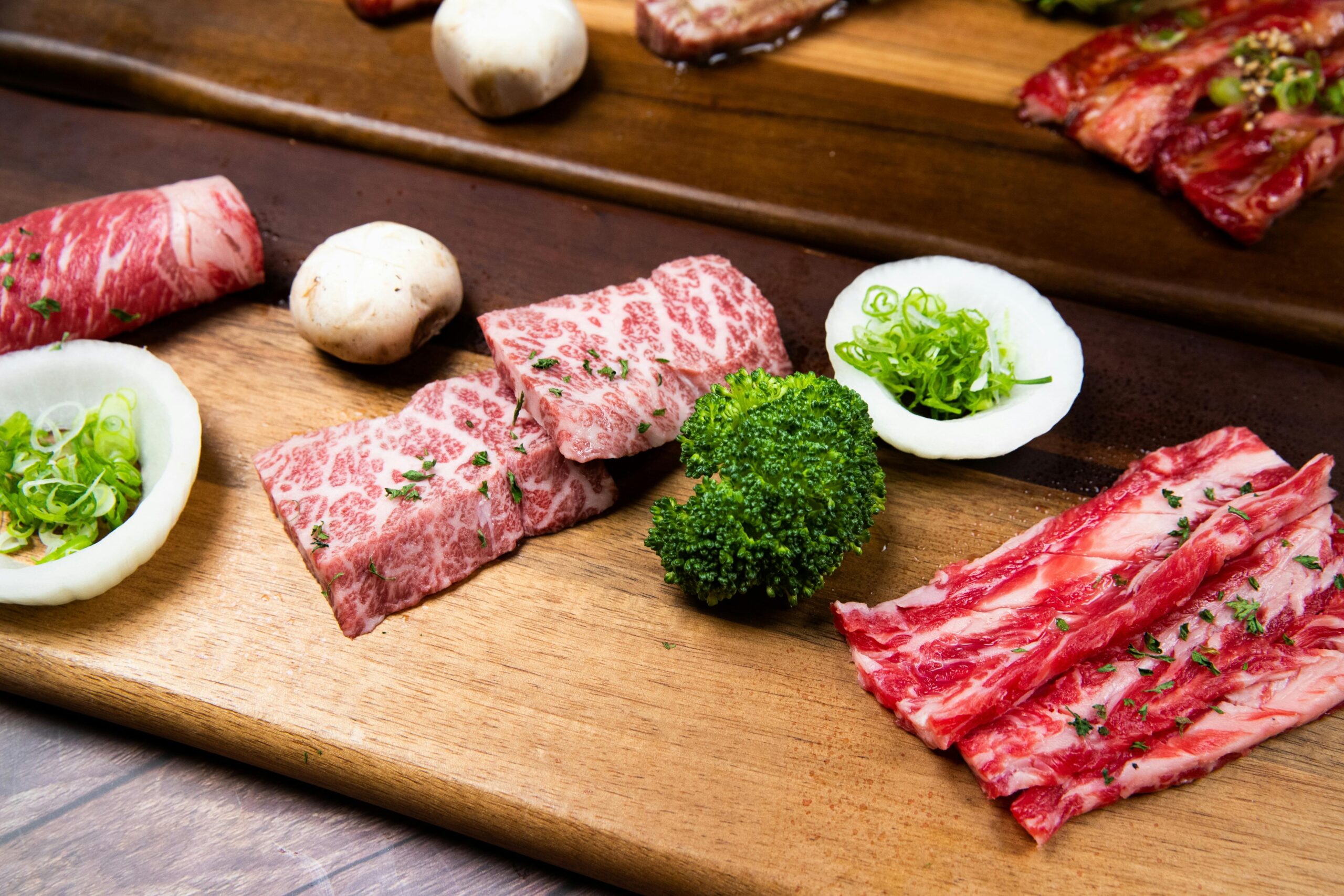Japan is a country that loves turning small ideas into fun traditions. From Pocky Day on November 11th to Cat Day on February 22nd, you’ll find plenty of wordplay-based celebrations sprinkled across the calendar.
One of my favorites is Niku Day (肉の日, niku no hi)—literally “Meat Day.” It happens on the 29th of every month, and it’s exactly what it sounds like: a day to celebrate and enjoy meat.
Restaurants roll out special deals, supermarkets slash prices on meat, and locals use it as the perfect excuse to gather for yakiniku (grilled meat) or simply cook something hearty at home.
At first, I thought Niku Day was just a clever marketing gimmick. But after experiencing it myself, I realized it’s something more—a fun little rhythm in daily life that makes ordinary days feel a little brighter.

Why the 29th? The Wordplay Behind Niku Day
Japanese culture loves goroawase (wordplay with numbers). It’s the art of finding words that sound like numbers or combinations.
- The number 2 can be read as “ni.”
- The number 9 can be read as “ku.”
Put them together and you get “niku” (肉), the Japanese word for meat.
That’s why the 29th of each month is “Meat Day.”
It’s not a public holiday—you won’t find schools closed or offices taking a break—but it’s widely known, and businesses have embraced it. Every 29th, supermarkets highlight sales on meat, and restaurants often run promotions to mark the occasion.
There are even “special” Niku Days:
- February 9th (2/9) – the “classic” Meat Day.
- November 29th (11/29) – nicknamed Ii Niku no Hi (Good Meat Day), because “11” can be read as “ii” (good) + “29” (meat). This one is especially big, with wagyu deals and major campaigns.
So, what does Meat Day look like in practice?
Restaurant Promotions
Yakiniku chains like Gyu-Kaku, beef bowl spots like Sukiya, and even izakaya take part. On the 29th you might see:
- Half-price meat platters
- Extra portions for the same price
- Special Niku Day menus
- All-you-can-eat courses at a discount
The energy in these restaurants is different on the 29th—busier, more festive. It feels like everyone has the same idea: “Tonight, we eat meat.”
Supermarket Sales
This is where you’ll really notice the Niku Day effect. On the 29th, supermarkets pile the meat section with fresh cuts, often at discounted prices.
Bright red signs appear. Wagyu and yakiniku packs are stacked higher than usual. And if you go in the evening, you’ll see people filling their carts, planning a home-style meat feast.
Online Buzz
Like other quirky Japanese celebrations, Niku Day trends online too. On Instagram or Twitter, search for #肉の日 (#nikunohi) and you’ll see people proudly sharing their yakiniku grills, steaks, and sukiyaki pots.
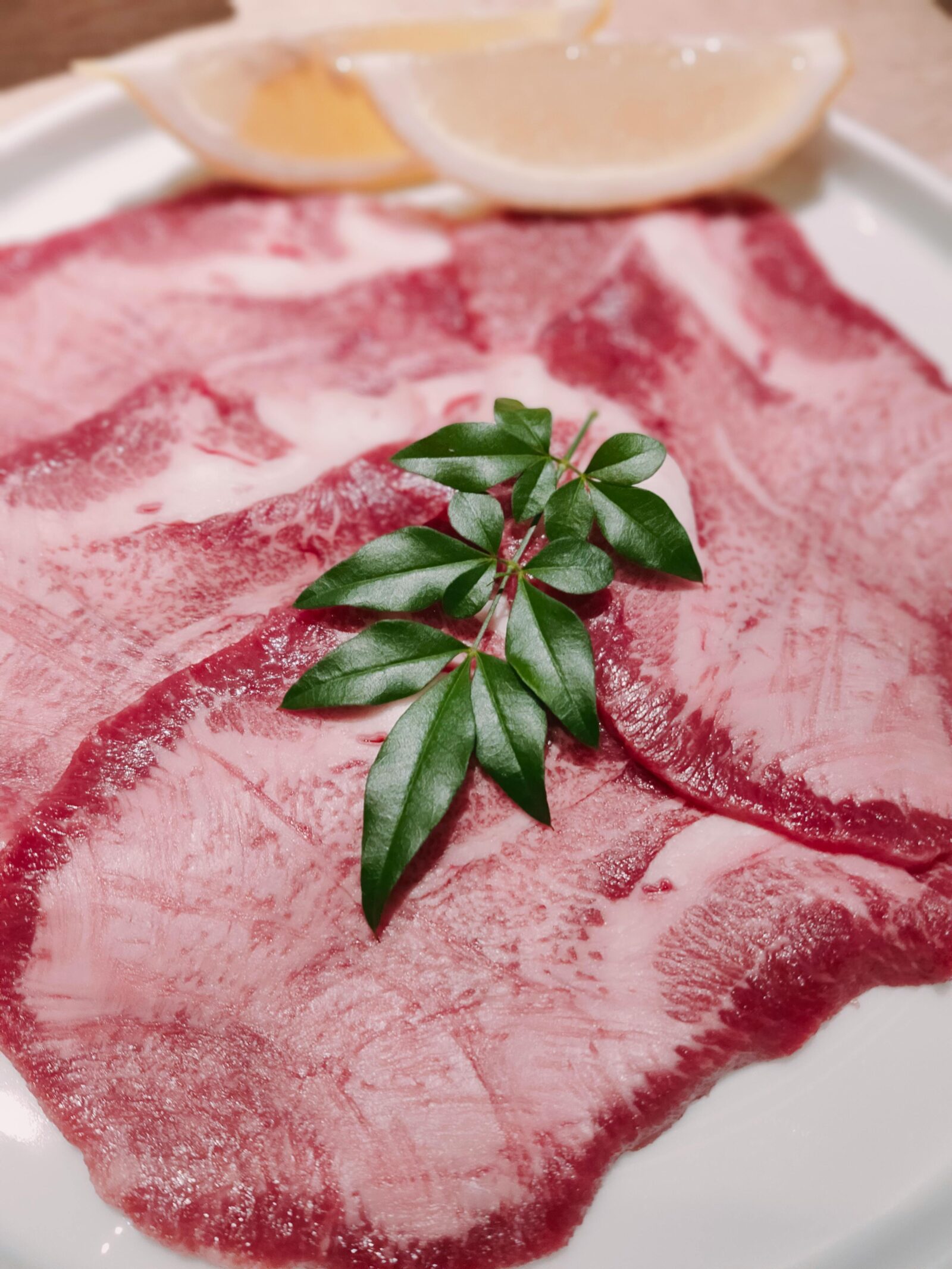
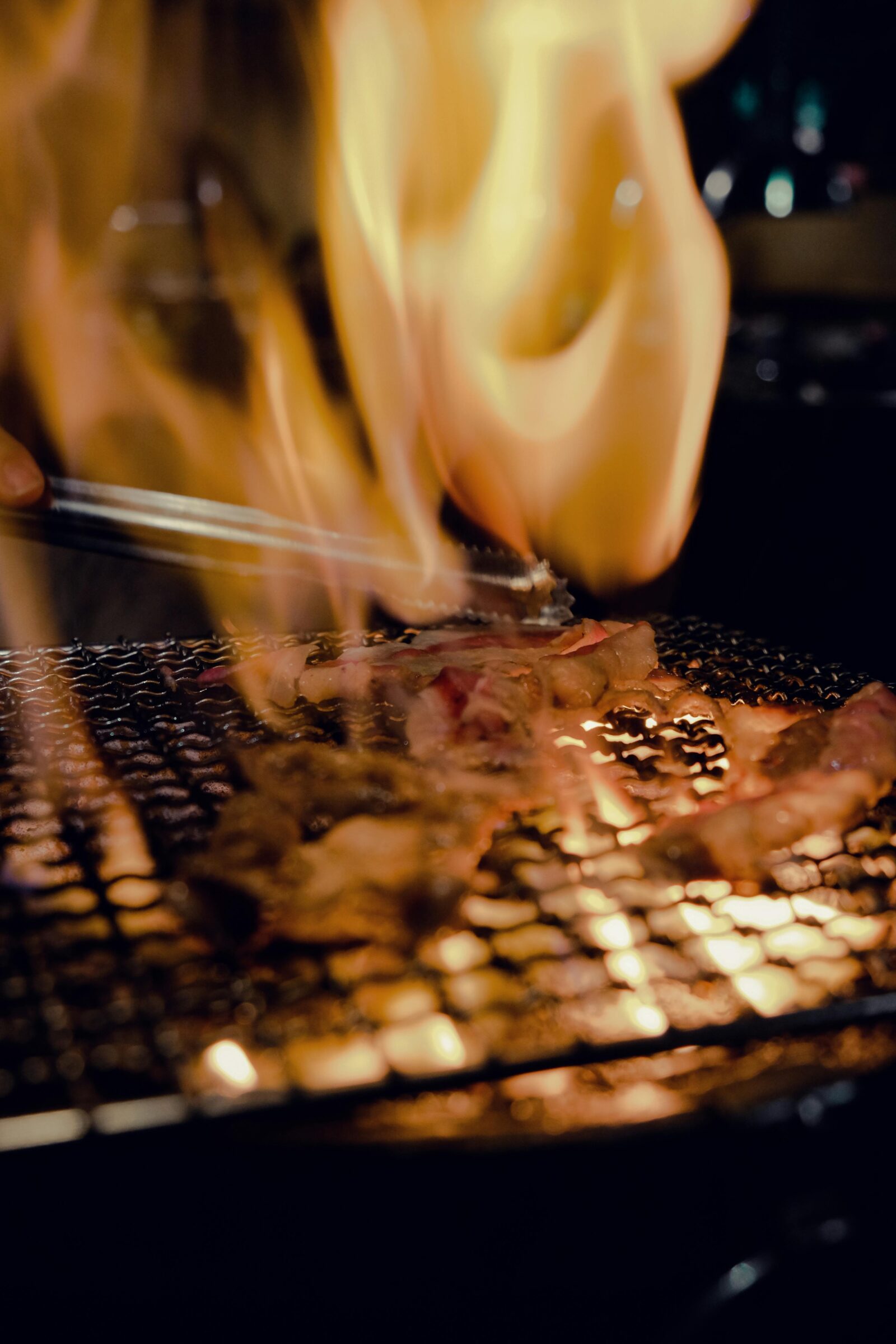
My First Niku Day Experience
My first real Niku Day wasn’t at a restaurant—it was at LOPIA, a grocery store my husband likes because they keep prices lower by being cash-only. On the morning of the 29th, he casually reminded me: “It’s Niku Day—let’s check out LOPIA.”
When we walked in, I immediately understood why. The meat section was buzzing with people. Shoppers leaned over the displays, baskets filled with trays of meat, and cheerful announcements played over the speakers. The counters were piled high with regular yakiniku cuts—simple, fresh, and some even locally sourced—ready to take home and grill.
What struck me most was how affordable everything was. It wasn’t about fancy marinated trays or luxury cuts—it was about good quality meat at prices that felt like a treat. We picked up a few packs, went home, and set up our small grill.
That evening, we enjoyed a cozy yakiniku dinner at home, pairing the meat with a few drinks. It wasn’t a big party, but it felt like one. Sitting there with the sizzle of the grill and a cold beer in hand, I realized this was the charm of Niku Day. It wasn’t just about discounts. It was about making an ordinary day feel like a celebration.
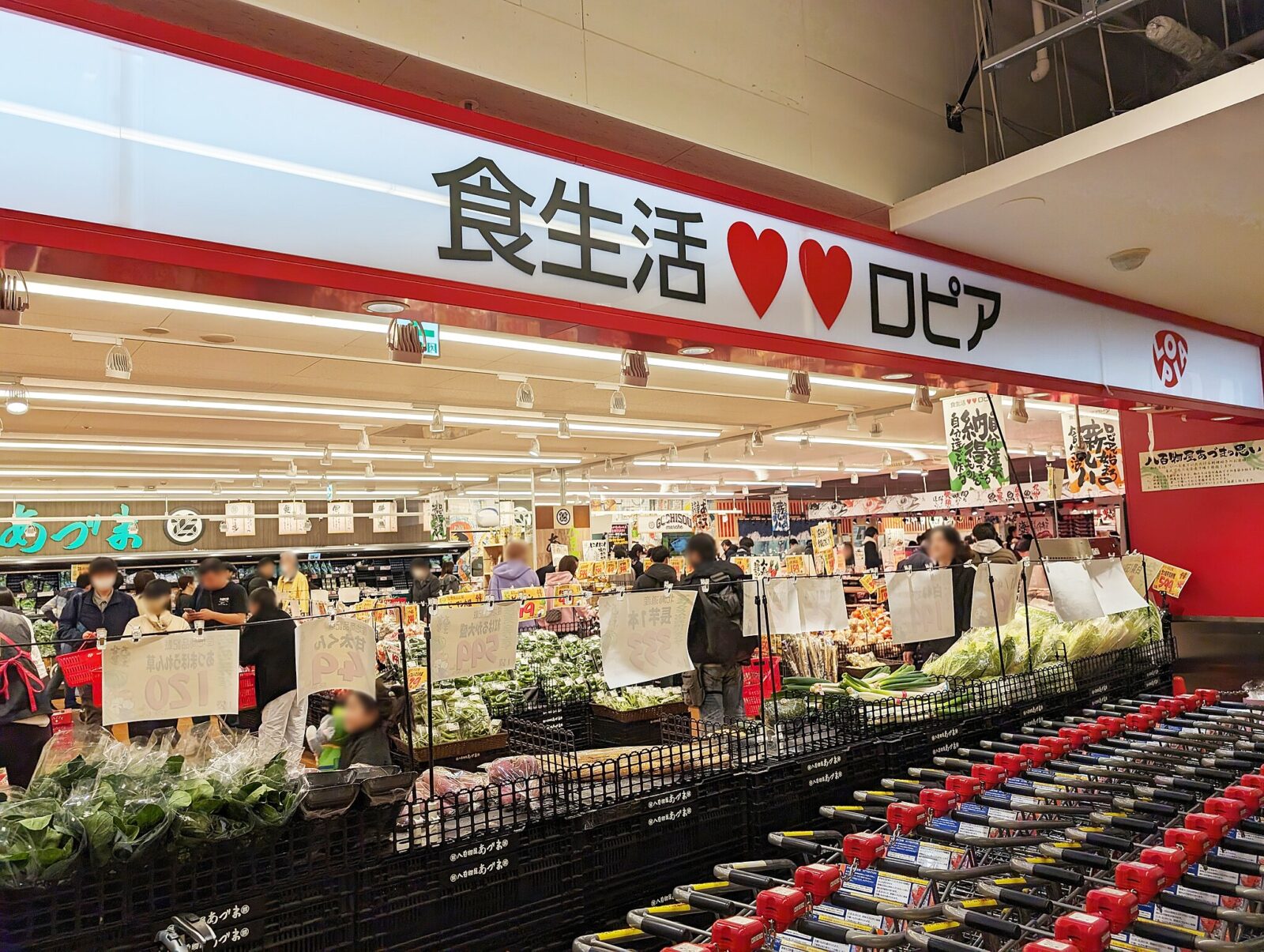
While the 29th of any month is technically Niku Day, two dates stand out:
- February 9th (2/9) – Sometimes called the Meat Day, restaurants and stores run bigger campaigns.
- November 29th (11/29) – Known as Ii Niku no Hi (Good Meat Day). This is the ultimate celebration, with high-end wagyu specials, extra promotions, and plenty of nationwide buzz.
If you’re visiting Japan during either of these dates, it’s the best chance to experience Niku Day in full swing.
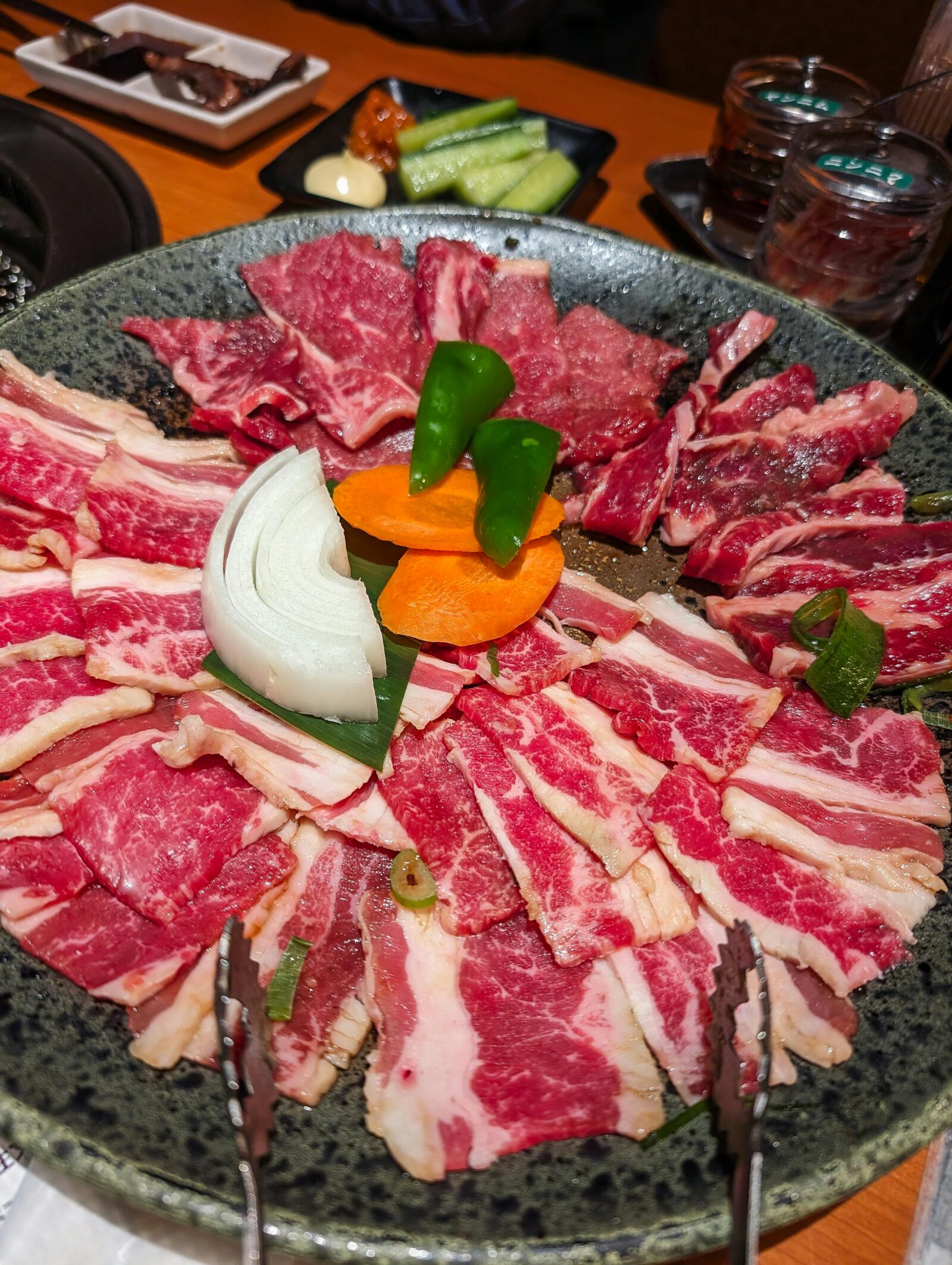
Why Niku Day Matters
At first glance, Niku Day might just seem like a marketing trick. But to me, it reflects something deeper about Japanese culture:
- Playfulness with language – turning numbers into words, and words into reasons to celebrate.
- Food as community – families, friends, and coworkers gathering together to share a meal.
- Making the ordinary special – transforming the 29th, just another day on the calendar, into a mini-event people look forward to.
In a way, it’s very Japanese. Life can be busy and structured, but moments like Niku Day remind people to pause, indulge a little, and enjoy something delicious together.
How to Enjoy Niku Day as a Tourist
If you’re visiting Japan, Niku Day is one of those small cultural experiences you won’t usually find in guidebooks. Here’s how you can join in:
- Mark Your Calendar – If your trip overlaps with the 29th, plan your meals around it.
- Check Supermarkets – Look for sales at AEON, LOPIA, Seijo Ishi, or local grocers. Meat sections will often be labeled clearly for Niku Day.
- Try a Yakiniku Restaurant – Chains like Gyu-Kaku or local family-run yakiniku shops will usually have specials.
- Go for a Beef Bowl – If you’re short on time, grab a discounted gyudon (beef bowl) from Yoshinoya or Sukiya.
- Join Online Buzz – Post your meal with #肉の日—it’s fun to see what others are eating across Japan.
Niku Day might not be a big festival or a public holiday, but that’s exactly why I like it. It’s simple, fun, and shared by so many people quietly, all across the country.
Whether you’re grilling wagyu at a restaurant, picking up discounted cuts at a grocery store, or just enjoying a gyudon on the go, Niku Day is about the small joy of treating yourself.
So if you’re in Japan on the 29th, don’t let it pass unnoticed. Head to a supermarket or restaurant, pick up some meat, and join in. You’ll see firsthand how Japan can turn even the most ordinary day into something worth celebrating.
After all, who wouldn’t want a reason to celebrate meat once a month?
